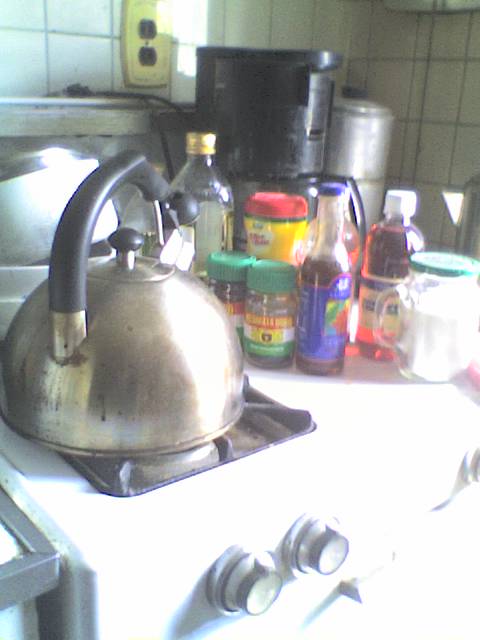The flowers are in bloom and the bees are buzzing about our gardens and fields. What does this mean? Honey. It's been around for centuries, sweetening everything from food to beverages along with acting as a natural antiseptic. Nowadays there are so many different types. Foodies can have a field day picking out the various traditional and gourmet ones.
What is honey? It's a sweet and viscous fluid produced by honey bees and derived from flower nectar. It consists of sucrose which give its it intense sweet flavor. It contains minute amounts of vitamins and minerals as well as small amounts of antioxidants (chrysin, pinobanksin, vitamin C, catalase, and pinocembrin). It's been around since ancient times with records showing that there were beekeepers as early as 700 BC. It was used in ceremonial and funeral rites because it was rare and also symbolized the sweetness of life. The ancient Greeks and Israelites used it regularly as did other civilizations. It was the sweetener of choice until the 1700s when sugar from beets could be processed. Now many people use it to help lower cholesterol and lose weight. Honey is also the preferred method to suppress coughing in children.
Like any other food honey has become gourmet in the past few years. Yes, you can still buy the regular golden honey in your local supermarket but there are also artisanal ones as well.A lot of foodies lust after honeys that have been made with lavender or heather. Some even have been infused with herbs to zests to add more zing to them. There are also honey sticks and hard honey candies to satisfy any one's natual sweet tooth.
Honey has been around for centuries and it will continue to be popular. This natural sweetener is perfect on anything and even tastes good alone. Try some during this flower filled May.
Subscribe to:
Post Comments (Atom)




No comments:
Post a Comment